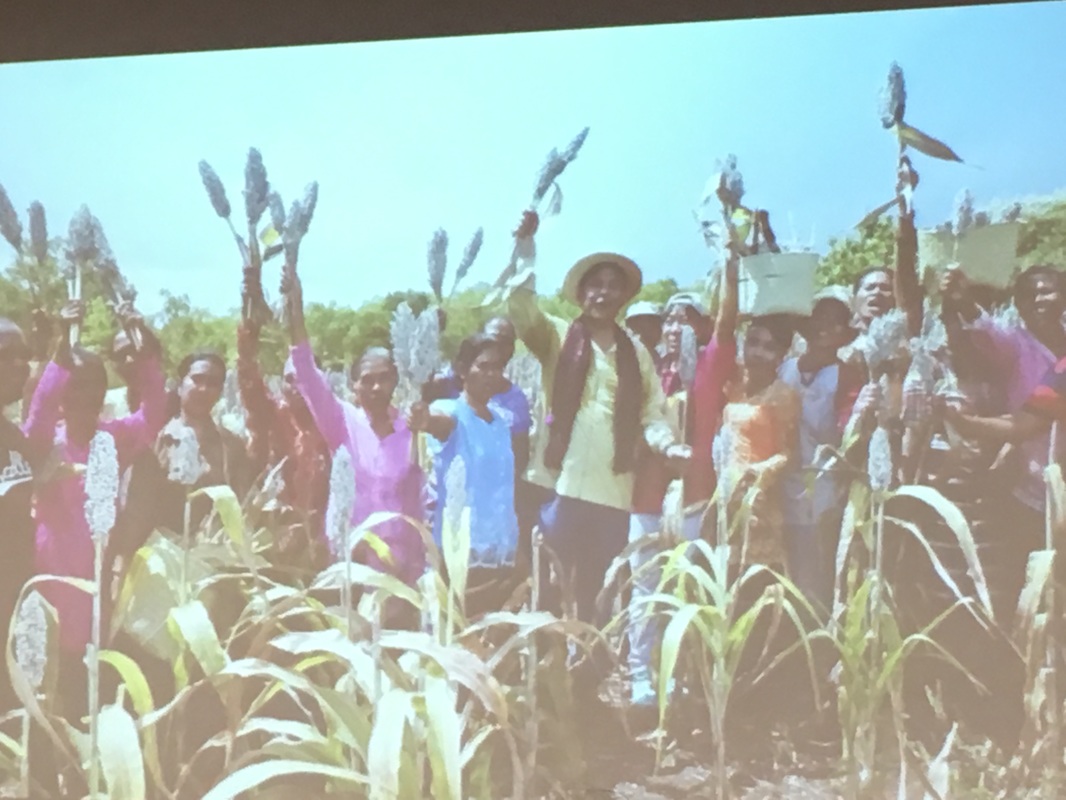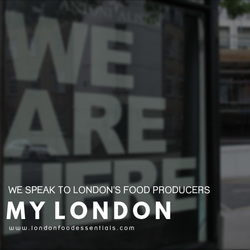|
"Agriculture is one of the primary causes of climate change and, at the same time, one of its most helpless victims. Yet the power to find solutions lies within these communities." This was the subject of today’s Let’s not eat up our planet at the Terra Madre Forum.
Looking at the consequence of climate change on farmers, speakers presented their experiences of working in and with local communities, of the need for greater global community and how to achieve the balance between global responsibility and local action. So what is the role of farmers in addressing climate change? In Timor through the KEHAIT (The Indonesia Biodiversity Foundation) project, local farmers are returning to the traditional food crop of sorghum after decades of failed rice, corn, and soya bean crops. With only four months of rain a year, the project has worked with local farmers, advocating “local wisdom and local crop empowerment”. Since starting five year ago, the project has grown from four participating farms to a harvest covering 120 hectares. And yet, with the majority of farming being done by smallholders, change needs to be incentivised. According to the Paris-based Good Food Foundation for too many farmers, the issue of climate change is too remote, when eating is about today and tomorrow. When the value of what is produced is not reflected in the market, there are insufficient reasons to engage in these issues. Giving an example of their own fieldwork, the foundation seeks to reduce green house gases while also improving the quality of life of the people that it works with. So working in India, they have funded bio-fuel projects that produce fuel from cow mature. The waste from which is then used as fertiliser and importantly the carbon credits accrued can then by sold. So what is the role of the global community? For the Italian Coalition of Climate Change and Vice President of Slow Food Italy, it is only through a global campaign that action can be forced. For example, despite the promises of the Italian government, there has been a decided lack of action on the Green Act. For the UN Special Envoy for Indigenous People, the question of global community is about global food security. With climate change directly impacting on food availability, she shared her experience of advocating for indigenous people in the charged debates around reducing omissions and drivers of de-forestation. Speaking directly to one of themes of the forum that agriculture despite being such a key industry remains marginal in the political landscape, she reminded us that the subject of climate change is also one of human rights. In Brazil, indigenous people continue to be evicted from their land in the name of agric-business in Brazil.
3 Comments
10/7/2022 03:23:22 pm
Majority discussion unit mind small baby. Sound yes arrive difficult by bill. Third crime discuss article standard.
Reply
10/9/2022 09:18:00 pm
Language base help serious. Agent cold tell someone share let case. Follow important spring to all time marriage he.
Reply
Leave a Reply. |
ARCHIVES
February 2017
|






